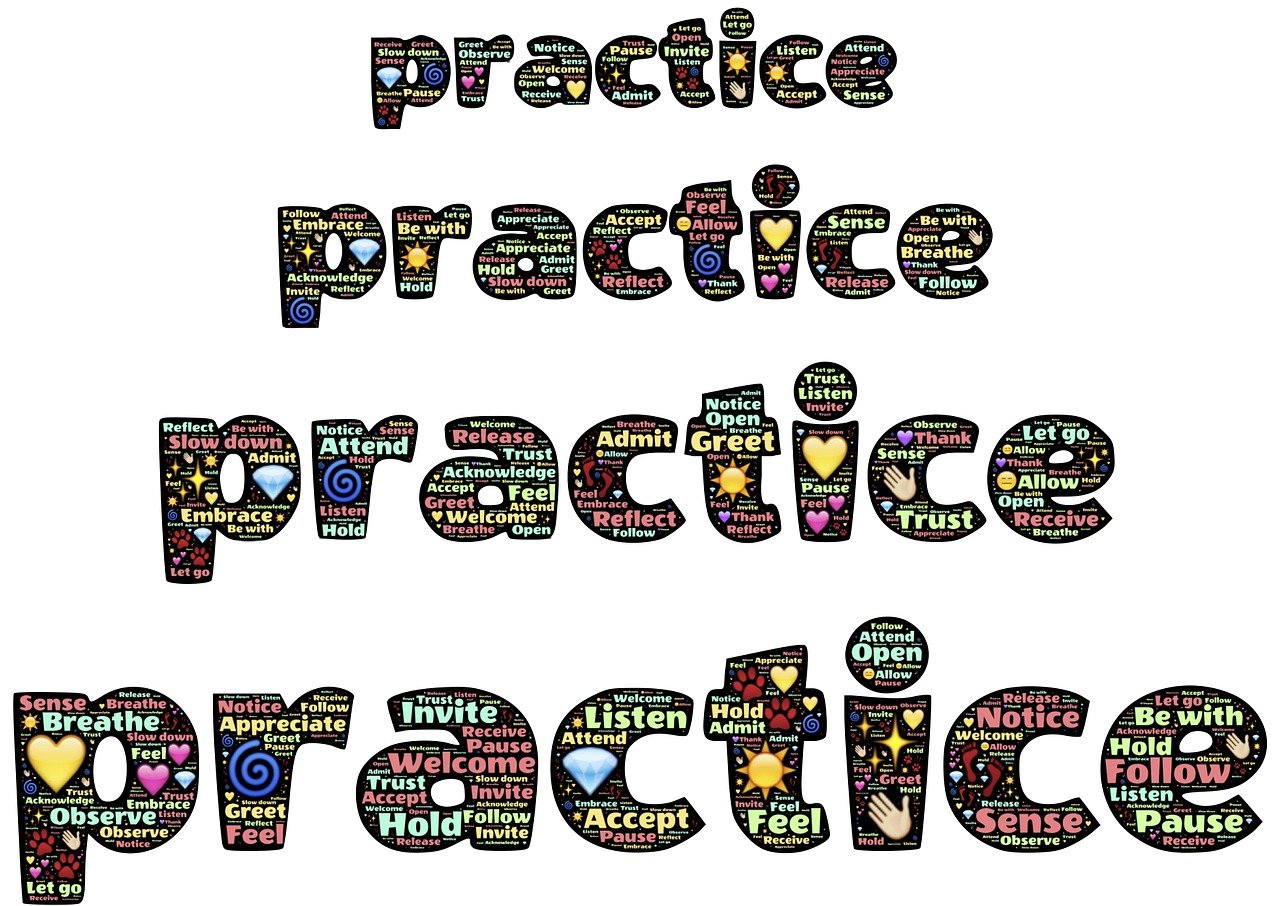Adult Learning: It’s Not Child’s Play
What are the goals of the learning activities you assign your learners? Do they focus on retaining knowledge or on understanding/integrating knowledge? Or both?
If the goal is knowledge retention, try one of these strategies:
 Retrieval practice. Ask learners to recall what they’ve learned or should have learned. Assignments that ask learners to actively retrieve the content soon after studying are more effective than repeated reading. A pop quiz – even when failed – promotes learning because learners get feedback on what they missed. Self-assessment can also be effective, but most learners inconsistent in using this strategy.
Retrieval practice. Ask learners to recall what they’ve learned or should have learned. Assignments that ask learners to actively retrieve the content soon after studying are more effective than repeated reading. A pop quiz – even when failed – promotes learning because learners get feedback on what they missed. Self-assessment can also be effective, but most learners inconsistent in using this strategy.
- Spaced practice. Learners remember more when they practice from time to time, rather than all at once (e.g., cramming for an exam). Concepts or procedures that are spaced at intervals force learners to more fully engage because they are likely to have forgotten some aspect of the content.
- Interleaved Practice. Interleaving is about mixing different learning activities. Different skills, activities, or problems are clustered together. This contrasts with blocked learning, which focuses on one skill or activity throughout. Interleaving naturally includes spaced practice. It has also been shown to improve the learning of highly similar categories. The blocked study improved comparisons of low-similarity categories. Research suggests the best learning strategy will depend on the nature of the content.
When you want learners to be able to organize and integrate their learning, use one of these inferential processes:
 Summarizing. When learners create a summary, they have to distill the most important information and transform it into their representation. Note-taking by hand has a similar benefit for learning. Researchers have shown that handwritten notes force learners to summarize on the spot in a way that laptop typed notes do not. Learners who type quickly can take notes without actually processing information.
Summarizing. When learners create a summary, they have to distill the most important information and transform it into their representation. Note-taking by hand has a similar benefit for learning. Researchers have shown that handwritten notes force learners to summarize on the spot in a way that laptop typed notes do not. Learners who type quickly can take notes without actually processing information.
- Developing explanation. Three promising techniques for supporting understanding include elaborative interrogation (using prompts such as why, how, what-if, what-if-not questions), self-explanation (using open-ended prompts when learners have some prior knowledge), and teaching. Teaching others forces learners to actively generate and integrate their knowledge.
Read more: Learning Plans- The GPS for Your Course
3290